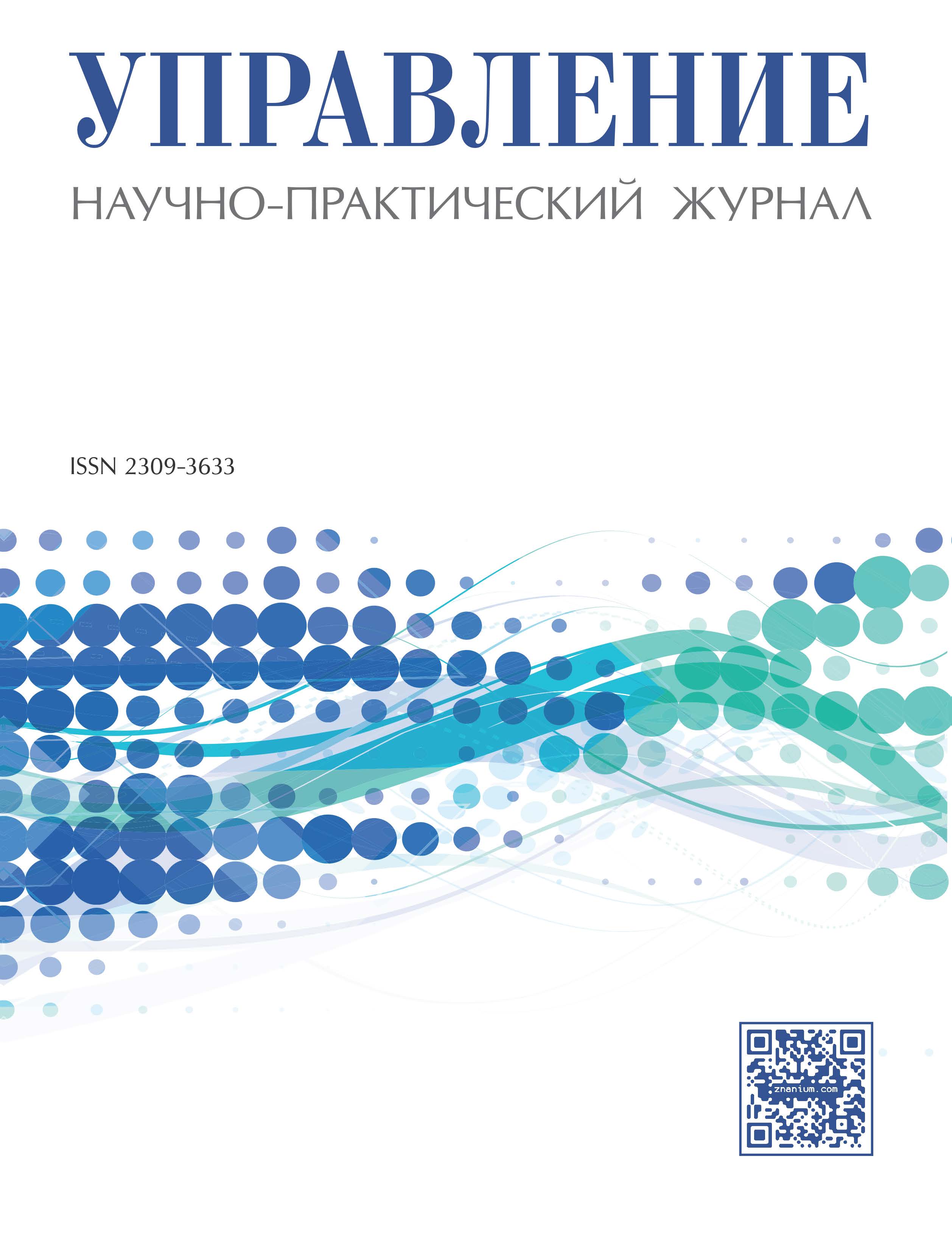Features of generalized representation about scientific schools are considered as follows: 1) scientificeducational school for future researchers formation; 2) research team as a group of scientists jointly developing under the guidance of school head selected or created by him research program; 3) science direction, emerging due to establishment of a particular tradition, covering a group of scientists and research teams; 4) scientists, which have prepared their thesis under renowned scientist guidance, and become candidates and doctors of sciences. Historical milestones and prospects of information logistics scientificeducational school development, features of logistics as a scientific specialty in accordance with the Russian Federation’s Higher Attestation Commission requirements, and the information logistics location in this complex, basic postulates and areas in the information logistics as science in accordance with the Logistics chair scientists’ views are investigating.
scientific specialty, research directions in logistics, information logistics, logistics’ information flow, logistics’ information system, communications in logistics.
Научная школа логистики — понятие многогранное и неоднозначное.
Рассматривая последовательно перечисленные представления о научной школе применительно к логистике, следует, прежде всего, остановиться на научно-образовательном процессе. Начало нынешнего века в российском научном сообществе ознаменовалось рядом эпохальных событий, среди которых приказ Министерства образования РФ № 1213 от 24 апреля 2000 г. «Об эксперименте по подготовке специалистов по специальности “Логистика”» для многих остался незамеченным.
Согласно приказу вся полнота ответственности за эксперимент была возложена на:
- Государственный университет — Высшая школа экономики (ГУ ВШЭ);
- Государственный университет управления (ГУУ);
- МГТУ им. Н.Э. Баумана;
- Российская экономическая академия им. Г.В. Плеханова (РЭА);
- Ростовская государственная экономическая академия;
- Санкт-Петербургский инженерно-экономический университет;
- Санкт-Петербургский государственный университет экономики и финансов.
1. Ermakov I.A. Logistika proizvodstva intellektual’noj produkcii [Logistics intellectual products]. Moscow, UNC DO Publ., 2004. 95 p.
2. Ermakov I.A. Stanovlenie nauchnyx shkol kafedry logistiki GUU [The formation of scientific schools of the department of logistics SUM]. Logistika [Logistics]. 2014, I. 10 (95), pp. 71-75.
3. Anikin B.A. Logistika i upravlenie cepyami postavok. Teoriya i praktika. Osnovnye i obespechivayushhie funkcional’nye podsistemy [Logistics and Supply Chain Management. Theory and practice. Basic and provides functional subsystems]. Moscow, Prospekt Publ., 2013.
4. Anikin B.A. Logistika i upravlenie cepyami postavok. Teoriya i praktika. Osnovy logistiki [Logistics and Supply Chain Management. Theory and practice. Fundamentals of Logistics]. Moscow, Prospekt Publ., 2013.
5. Anikin B.A. Logistika i upravlenie cepyami postavok. Teoriya i praktika. Upravlenie cepyami postavok [Logistics and Supply Chain Management. Theory and practice. Supply Chain Management]. Moscow, Prospekt Publ., 2013.
6. Rodkina T.A. Informacionnaya logistika [Information logistics]. Moscow, E’kzamen Publ., 2001. 288 p.
7. Rodkina T.A. Informacionnye sistemy i texnologii v logistike [Information systems and technology in logistics]. Moscow, GUU Publ., 2010.
8. Rodkina T.A., Kozlov A.S. Informacionnye sistemy i texnologii v logistike. Chast’ I. Metody i instrumenty strukturno-funkcional’nogo analiza (SADT i BPWin) [Information systems and technology in logistics. Part I, methods and tools of structural-functional analysis (SADT and BPWin)]. Moscow, GUU Publ., 2010.
9. Rodkina T.A., Kozlov A.S. Informacionnye sistemy i texnologii v logistike. Chast’ II. Proektnyj podxod k upravleniyu logisticheskimi cepyami postavok [Information systems and technology in logistics. Part II. The project approach to managing the logistics supply chain]. Moscow, GUU Publ., 2012.







